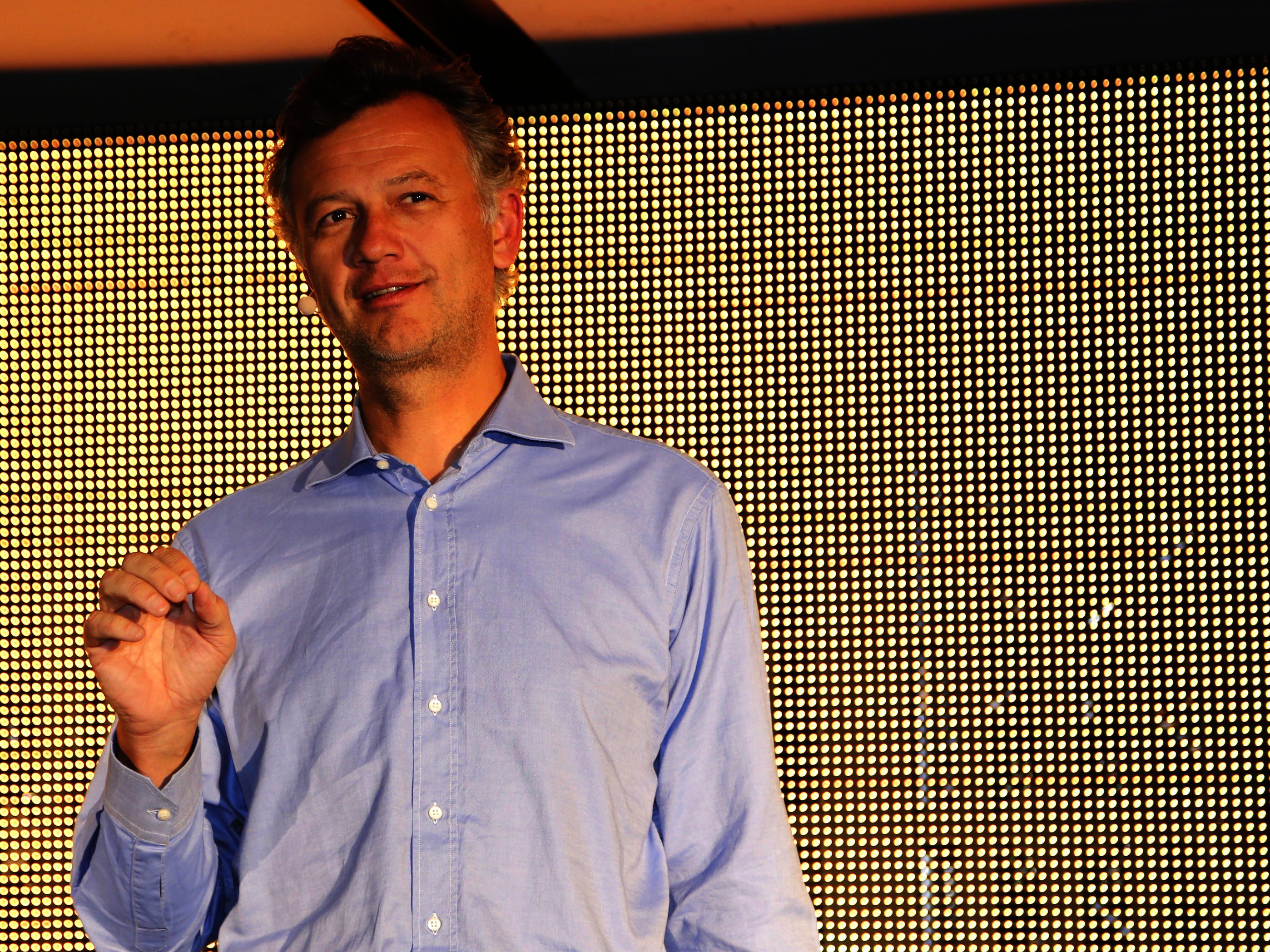Interview with Michael Jordaan: Advice for entrepreneurs and businesses in the 21st century
By Ryan Noik 28 September 2018 | Categories: interviews
For those willing to rise to the challenge of starting a new business, a good first step is often to speak to entrepreneurs and garner what advice they can. With that in mind, we sat down with Michael Jordaan.
Jordaan may be most well known for being the forward-thinking former CEO of First National Bank who brought that bank into the digital era. He is now though involved in the founding of Bank Zero, described as potentially being the Uber or AirBNB of banking.
Ask him about his view of entrepreneurship and supporting start-ups and the first thing you will hear has nothing to do with making lots of money, and everything to do with making a meaningful difference by solving the most pressing problems.
Problems and purpose
“The wonderful thing about South Africa is we have big problems, such as unemployment, crime, an education system that is in tatters, as well as issues with our power supply,” he noted. While that may not sound wonderful at all, Jordaan explained his excitement by clarifying that when he left the corporate world, he started finding people who had answers to these types of problems in a way that made sustainable business sense. Indeed, innovation – and entrepreneurship that bring innovation to the fore – thrive on problems that can be solved.
However, actually successfully sailing the entrepreneur-ship is often more daunting than it sounds.The reason for this, Jordaan explained, is that too often people fall in love with their idea and go around speaking about their idea to a number of people.
Take action now
Instead of focusing primarily on getting their idea out there, Jordaan strongly encourages entrepreneurs to get to the market as quickly as possible. “Whatever your initial idea was, you will have to change it according to the responses you receive from the market, and that process is invaluable,” he added.
Furthermore, Jordaan continued, do not wait until the idea is perfectly developed. Rather, it is advantageous to start implementing it as soon as you have a minimum viable product.
“I actually feel sorry for people who have really great ideas, because in some places you get backing just on a great idea,” he added. Unfortunately, that is not the case in South Africa, where investors want to see a track record of some sort, and how well ideas were executed upon.” Indeed, having the best idea may not be the ultimate guarantee of success, with Jordaan pointing out that he has seen mediocre ideas being executed very well and built into “great” businesses.
Great things from small beginnings
Comparing large organisations with small startups, you might be forgiven for thinking that it is the latter that is at a marked disadvantaged. However, that is not necessarily the case. In fact, it is small startups that are catching Jordaan’s attention these days.
“I am not looking at what the big guys are doing, rather I am looking at what some of the small startups are doing, and there are definitely those who see an alternate future and are working very hard at manifesting it,” he added.
Challenging assumptions
So why aren’t the largest companies with the deepest pockets necessarily on the forefront? Jordaan points to several issues that hold them back.
“The problem some big companies have are high cost structures, the lack of agility to move quickly, and an addiction to existing revenue streams,” he pinpoints. In contrast, Jordaan enthused, it is quite amazing what those starting with a clean slate, access to the latest technology and no legacy revenue streams to protect can accomplish.
“Of course, they have their own set of challenges, just as a recognisable brand, and a customer base, but those can be developed,” he continued. He enthused that, for smaller start-ups that master the art of marketing effectively, the potential for stellar growth - up to 60% a year - is nothing short of certainly attainable.
Embracing risk
It was not just advice for start-ups that Jordaan offered, but some for businesses of all sizes as well, especially those grappling with risk. While he acknowledged that there is a logic to the intent to reduce risk, in fact, failing to actively and smartly embrace risk could be the biggest risk of all. This, he elaborated, is due to the fact that they may end up missing out on some of the big trends in the future.
“I would say nearly every business needs to start thinking like startups do, and ask themselves what they would do to change their industry if they had no legacy. Additionally, they need to ask themselves how much of the disruption they are facing is inevitable. If it is, then the next question should be whether they need to start disrupting themselves before they are disrupted.
While he acknowledged that in the short term this process can be quite painful, in the long run it results in embracing the future.
“There are many things successful business leaders need to pay attention to, but one thing they need to do is live in the future, to manage their business not just for today, but for those things that are highly likely to happen in three or five years time,” he concluded.
Most Read Articles

Have Your Say
What new tech or developments are you most anticipating this year?



